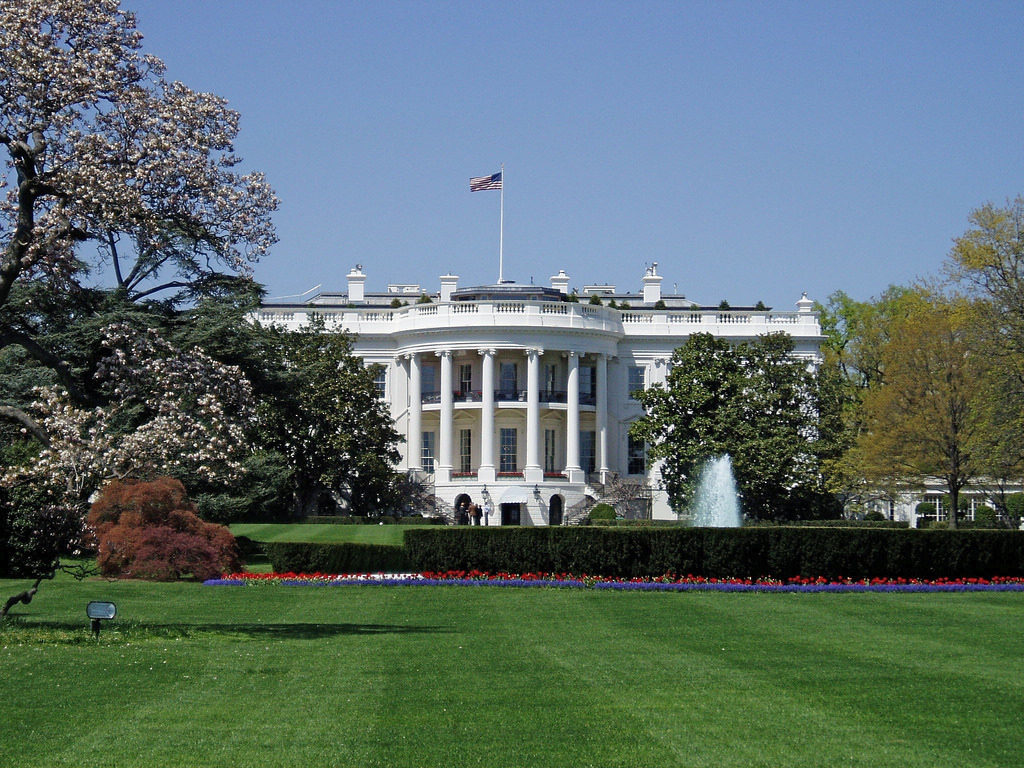President Donald Trump is dreaming of getting back to the Moon, but the way in which the U.S. will accomplish that lofty goal is much different than the Cold War-era Saturn V rockets that got astronauts there in the late 1960s and early 1970s. Instead of funding the next missions to the Moon through the Defense Department, just like the U.S. did in previous decades, the Trump Administration is looking to partner with the growing commercial space industry that has taken the world by storm.
Eric Stallmer, president of the non-profit Commercial Spaceflight Federation, said the private space industry has been hampered, “under the burden of outdated regulations written decades ago.”
He added that the U.S., “can’t sustainably return to the moon and beyond without partnerships with the commercial space industry, and this directive helps set that course in a much more timely and effective manner.”
After recent developments in reusable rockets and the general “cost-cutting” of launches to low Earth orbit, the space industry now has the full attention of the White House and President Trump. The president has even lauded the monumental triumphs of several commercial space companies, such as Elon Musk’s SpaceX, Jeff Bezos’ Blue Origin, and Richard Branson’s Virgin Galactic.
Recently, during a Cabinet meeting the president said, “Rich guys, they love rocket ships. That’s good. That’s better than us paying for them.”
For this measure, on Thursday, the president signed a new policy directive, vowing to streamline old regulations that many have said hampered space companies for years, allowing them to grow and prosper. Therefore, with the ingenuity and funding from the private sector, the White House is set to meet its goal of returning to the lunar surface.
According to a report from The Washington Post, a senior White House official said, “We realized that budgets are limited, and this is not going to be a Cold War space race where we drop almost unlimited amounts of money on a problem. So, if we’re really going to do our space exploration activities, we need to grow the economy. And one of the best ways we can think of to grow the economy, in fact, is to deregulate it, streamline it, provide new enabling regulations that provide a foundation for all of our space activities.”
The policy directive would make it astronomically easier for private companies to obtain a license to launch rockets. Scott Pace, executive secretary of the National Space Council, called a the process a, “new one-stop shop at the Department of Commerce for commercial space companies.”

